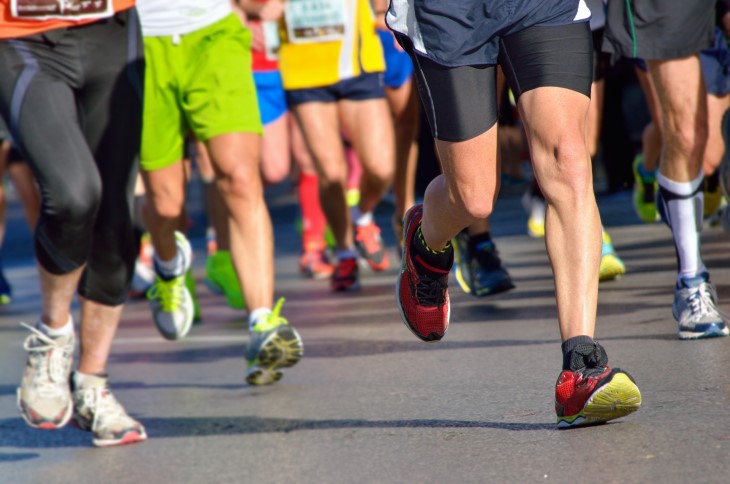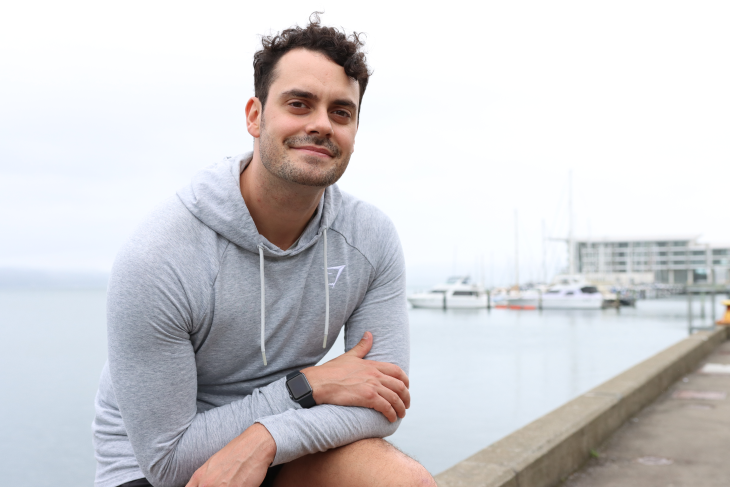Mark’s story: ‘Running has changed my life’
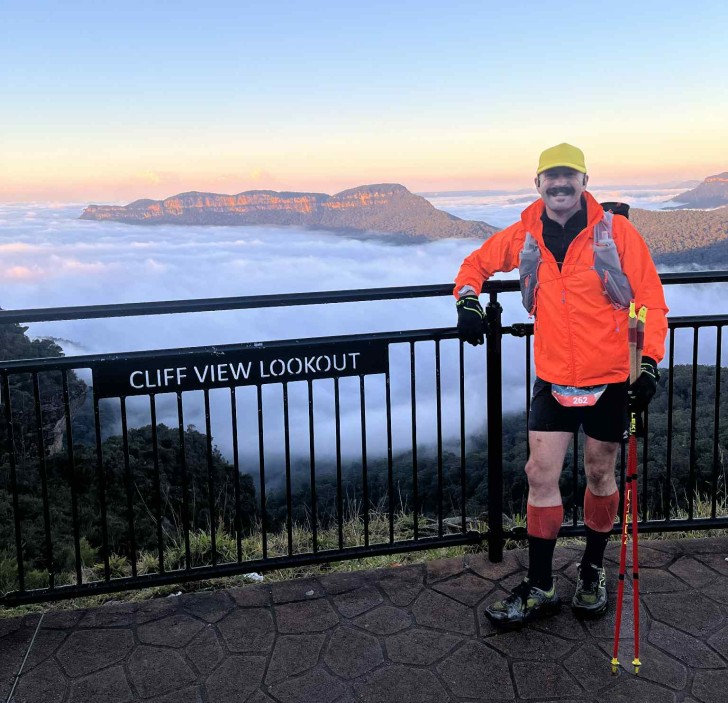
After a late start to his running journey at 40, Mark Baker has now completed three gruelling 160km races. He believes you need a strong ‘why’ to motivate yourself and has some valuable advice for staying injury free.
Mark Baker was travelling through Portugal during COVID-19 and days away from his 40th birthday when he realised he had to change his life.
The now 44-year-old from Auckland’s North Shore, who was a handy rugby player and almost went professional as a golfer in his 20s, was 94kg and unfit. He didn’t like what he saw in the mirror.
“I had a moment when I looked at myself and said, ‘What are you doing?’,” he says.
“I was struggling to walk up steps and not doing any sort of physical activity. I was really disappointed in myself.”
Mark decided in that moment to make a change. He went for a couple of short runs. It was hard going but it was the start of something.
He watched a video on YouTube called Chasing Pounamu, a film about a man completing the Tarawera Ultramarathon to receive his pounamu.
“I saw that and went, ‘That’s what I want to do’,” Mark says.
“It was kind of being away from New Zealand and understanding your place and understanding your culture. It resonated with me.”
Pounamu (greenstone) is the most highly-prized ornamental stone to Māori. It’s a taonga that acknowledges an achievement or close personal connection. It’s a widely accepted tradition that pounamu must be gifted to the wearer.
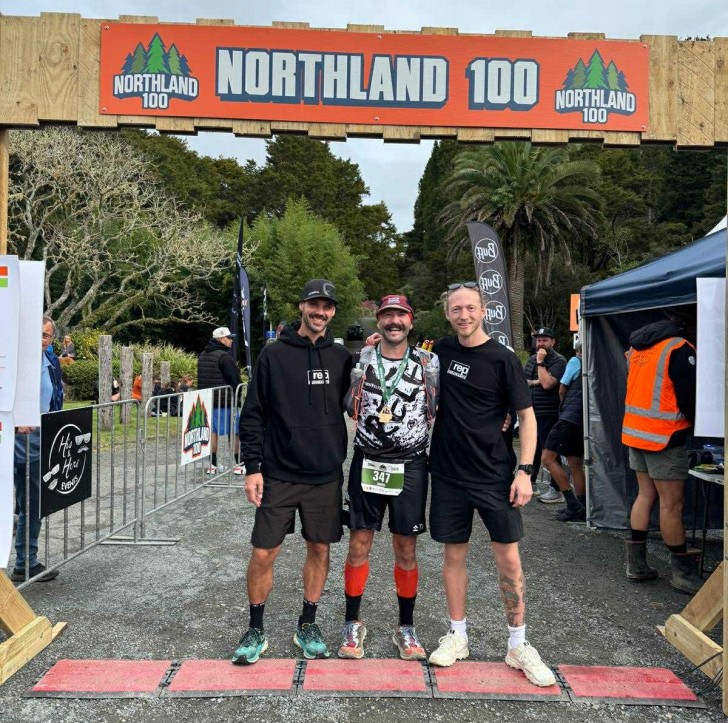
‘I wanted to prove myself wrong’
By his own admission, Mark had no idea about running.
He wrote down a list of things he couldn’t do. It ranged from running 10km in under an hour to the unthinkable of completing an ultramarathon. It was a challenge to prove himself wrong.
He started with a hiss and a roar and got shin splints from overtraining. But the milestones would soon come. He completed his first half marathon and then a full and has never looked back.
“I lost a truckload of weight. At my heaviest, I was 94kg and I’m now sitting at around 78kg,” he says.
“We were travelling, I was eating well, exercising, exploring and surfing. After a year I looked in the mirror and was like, ‘Wow, this is giving me a body and a lifestyle I thought I could never have.’”
He says completing his first 100-mile race and receiving the pounamu from his wife Nicola is a moment he’ll never forget.
“I’m an emotional guy but to overcome all the pain and adversity to achieve that goal, that’s one of the most amazing moments I’ve ever had in my life.”
Mark has now completed three 160km races. This year he did two 100-mile races within 12 weeks of each other.
“Running has changed my life,” he says.
“One of the things I love is you can’t cut corners – you have to put the work in. I’ll be running along on a beautiful trail and say to myself, ‘You just ran 100km, no one else did it for you and you never quit.’
“One of my catchphrases is ‘nice to meet you’, which I say to myself when I overcome and achieve something I think I couldn’t.”
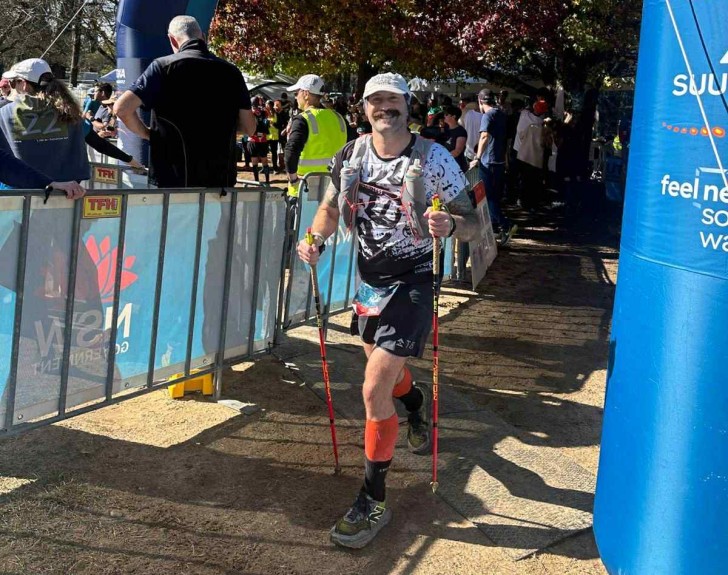
Consistency is the key
In 2024, ACC accepted 16,407 running-related injury claims at a cost of $15.2 million to help people recover.
Mark is running longer distances than most but says the principles are the same. He believes the key for all people getting ready for their first half marathon or marathon is consistency.
“Whatever training you’re doing, you need to build up slowly and you need to be consistent. If you’re going out for a big training run and then you can’t walk the next day, you’re doing it wrong. You need to be patient and build up in your load and distances,” he says.
“And for people doing longer distances you need to understand your why. You will go to some dark places mentally. What I’ve found is that people who’ve got a strong reason as to why they’re doing something have got a much higher finishing rate.”
ACC injury prevention leader James Whitaker encourages all runners to get ready for their race day and to have a training plan that matches their ability.
“Running is great for your health and offers so many benefits, both physical and mental,” James says.
“We want all people taking part in marathons around New Zealand over the next few months to stay injury-free and enjoy the incredible feeling of crossing the finish line.”
James believes to complete an ultramarathon like Mark is a special achievement.
“Mark’s story shows the benefits of setting yourself a goal and working hard to achieve it,” he says.
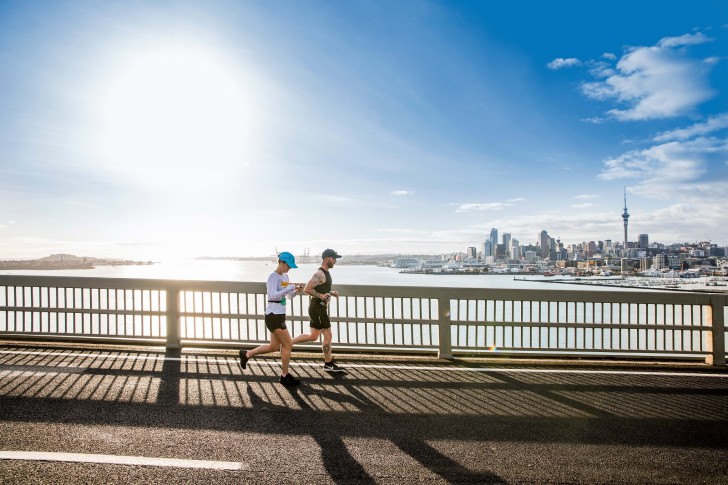
Tips for preventing running injuries
- Wear correctly-fitted shoes
- Complete a dynamic warm-up
- Run at a comfortable pace
- Warm down and stay hydrated
- Allow time for rest and recovery in training




